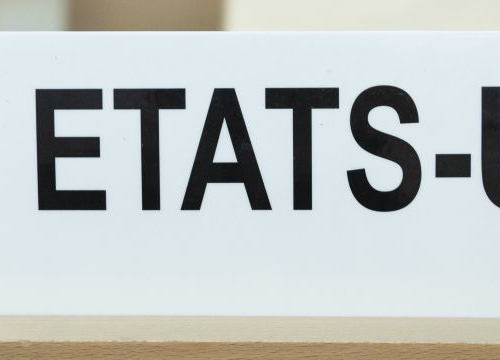The United States Withdrawal from the Human Rights Council: A Political Move that has Limited Consequences or Serious Legal Ramifications?
Event


UN Photo / Jean-Marc Ferré
On 19 June, the United States (US) withdrew from the United Nations (UN) Human Rights Council (HRC). This was the first time that a member has voluntarily left the HRC, though not the first time that the US has chosen to abstain from participating in the HRC work.
What are the legal consequences of this withdrawal for the functioning and credibility of the HRC, and for the promotion and protection of human rights? To what extent will the decision affect US’ collaboration with UN Special Procedures and the Universal Periodic Review? What impact might the decision have on the UN and on multilateral diplomacy?
The HRC is composed of 47 members who are distributed between five regional groups. The US withdrawal creates a position on the HRC for another state member of the ‘Western group’, replacing the US, and implies that the US will automatically become an observer state, a status that all member states of the UN General Assembly enjoy automatically.
When evaluating the US decision and its impact, it should be remembered that, under the HRC’s rules of procedure, what distinguishes an observer state from a member state of the HRC is the voting procedure. From now on, the US will not participate when resolutions are voted on. While the voting procedure is evidently important, it is a very small part of the HRC’s work.
Moderator
- Felix Kirchmeier, Manager of Policy Studies, Geneva Academy of International Humanitarian Law and Human Rights
Panelists
- Sarah Cleveland, Louis Henkin Professor of Human and Constitutional Rights, Human Rights Institute, Columbia Law School, and member of the UN Human Rights Committee
- Kamelia Kemileva, Executive Manager, Geneva Academy of International Humanitarian Law and Human Rights.
- Robert Kolb, Professor of Public International Law, University of Geneva, and Geneva Academy of International Humanitarian Law and Human Rights.
Registration
You need to register to attend this event via this online form.
Live Stream
This event will be live streamed on the Geneva Academy YouTube channel.
Video
The United States Withdrawal from the Human Rights Council
Panelists discussed the legal consequences of the US' withdrawal from the UN Human Rights Council for the functioning and credibility of this major human rights body, and for the promotion and protection of human rights. They also addressed the extent to which this decision will affect US’ collaboration with UN Special Procedures and the Universal Periodic Review, as well as the impact on the UN and multilateral diplomacy.



